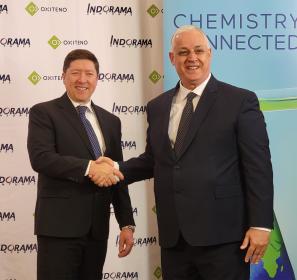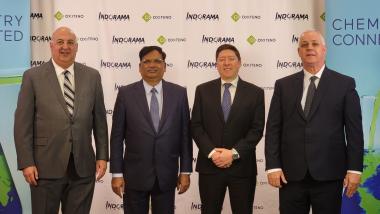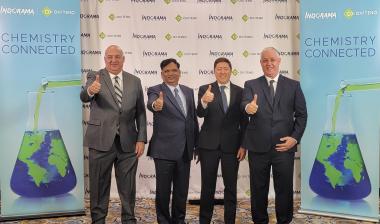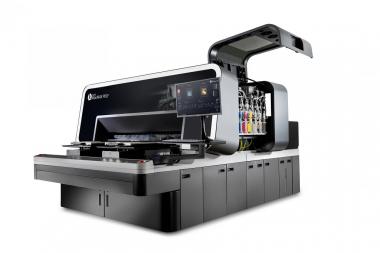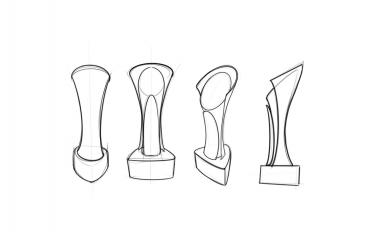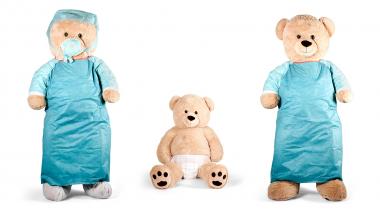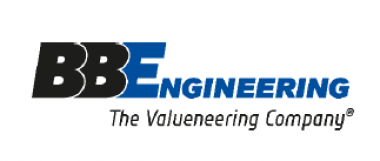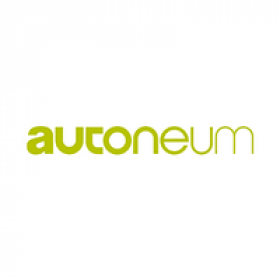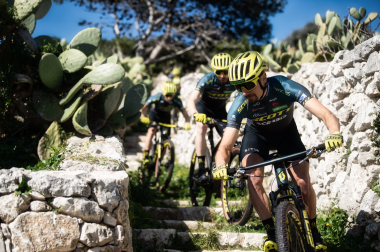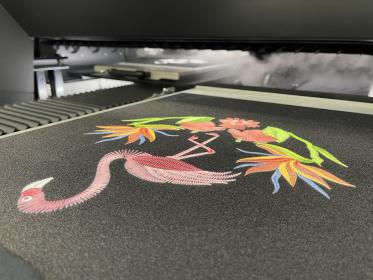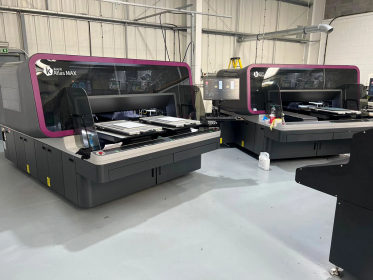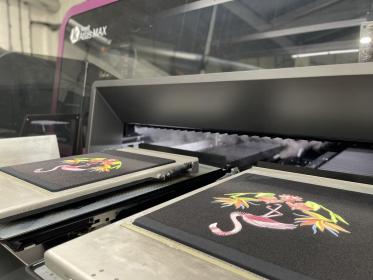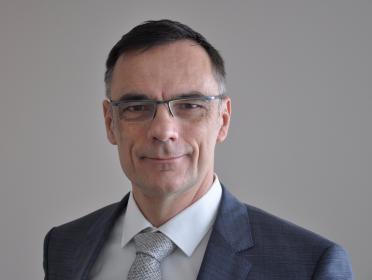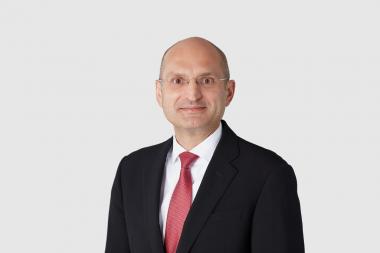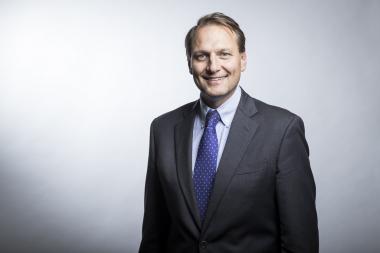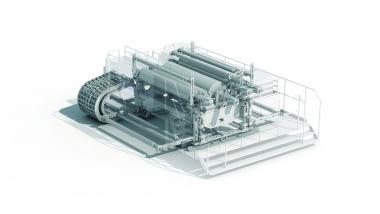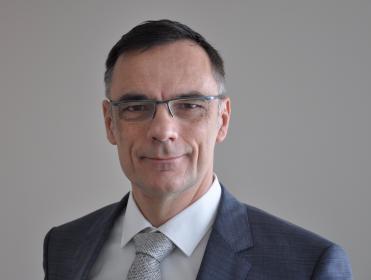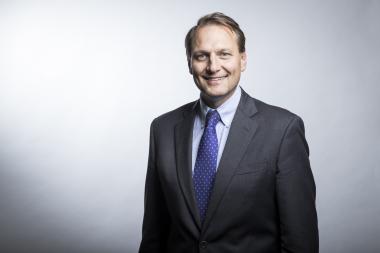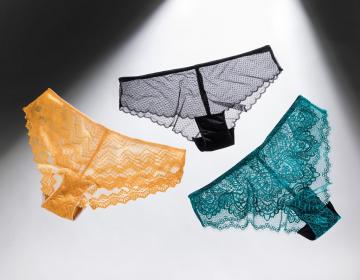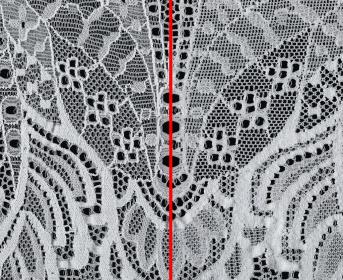Indorama Ventures now in Brasil
- Indorama Ventures completes acquisition of Brazil-based Oxiteno, extending growth profile into attractive surfactant markets
Indorama Ventures Public Company Limited (IVL), a global sustainable chemical company, today completed its acquisition of 100% of Brazil-based Oxiteno S.A. Indústria e Comércio, becoming a leading global supplier in high-value surfactant markets.
The acquisition of Oxiteno, formerly a subsidiary of Ultrapar Participações S.A., was announced in August 2021 and is effective from 1 April 2022 after the transaction was approved by Brazil’s Administrative Council for Economic Defense (CADE). Through the acquisition, IVL extends its growth profile into highly attractive markets in Latin America and the U.S., becoming the leading surfactants producer in the Americas, with additional potential to expand in Europe and Asia.
Oxiteno becomes part of IVL’s Integrated Oxides and Derivatives (IOD) business segment, which IVL formed in 2020 with the purchase of assets from U.S.-based Huntsman (Spindletop transaction). IOD is a high-margin growth driver alongside IVL’s traditional Combined PET (CPET) necessities segment and its Fibers segment. Together, IVL’s three segments create a stronger and more resilient integrated platform along the company’s petrochemicals value chain.
The Oxiteno acquisition includes 11 manufacturing plants in Latin America and the U.S., 5 R&D centers, an experienced management team, a strong environmental governance record, and expertise in green chemistry innovation. Through Oxiteno, IOD assumes a leading position in technologies catering to innovation-led, high-value-add (HVA) surfactant solutions in attractive home & personal care, crop solutions, and coating & resources markets. This diversity increases IOD’s earnings stability and resilience. The surfactants market has seen consistent growth over the last decade, driven by trends in population growth, urbanization and increasing hygiene awareness amid the global pandemic.
Indorama Ventures Public Company Limited


